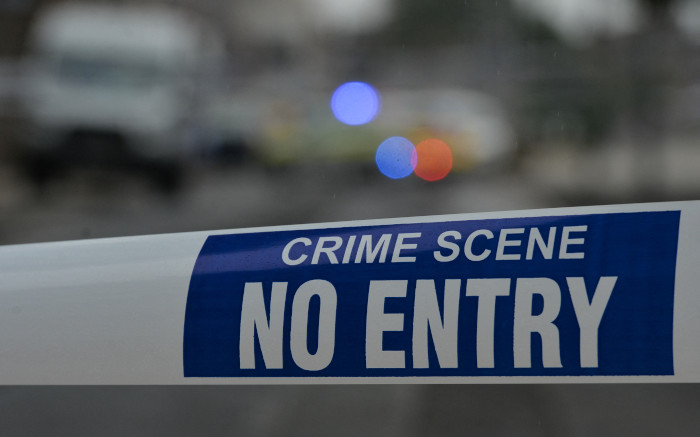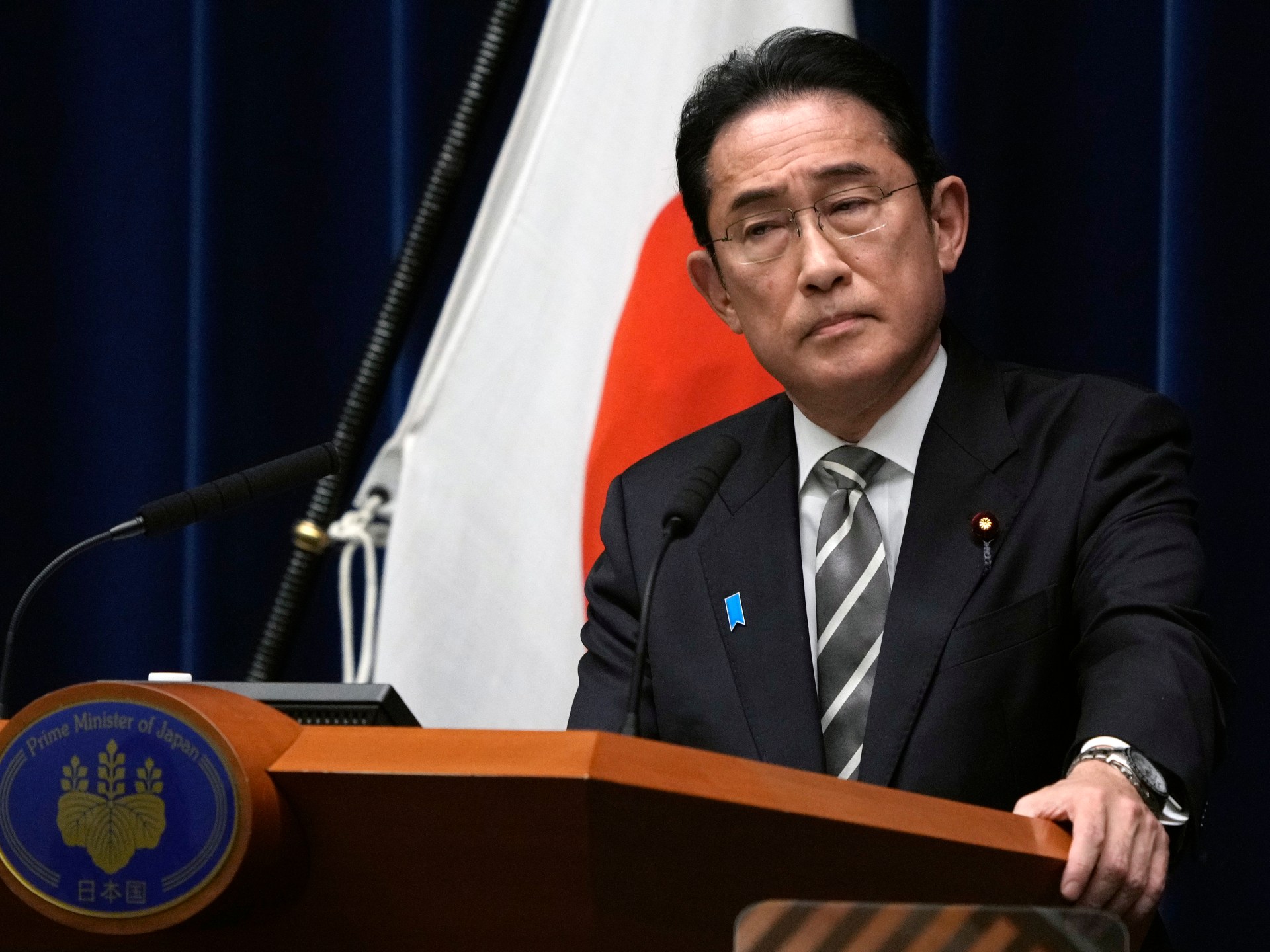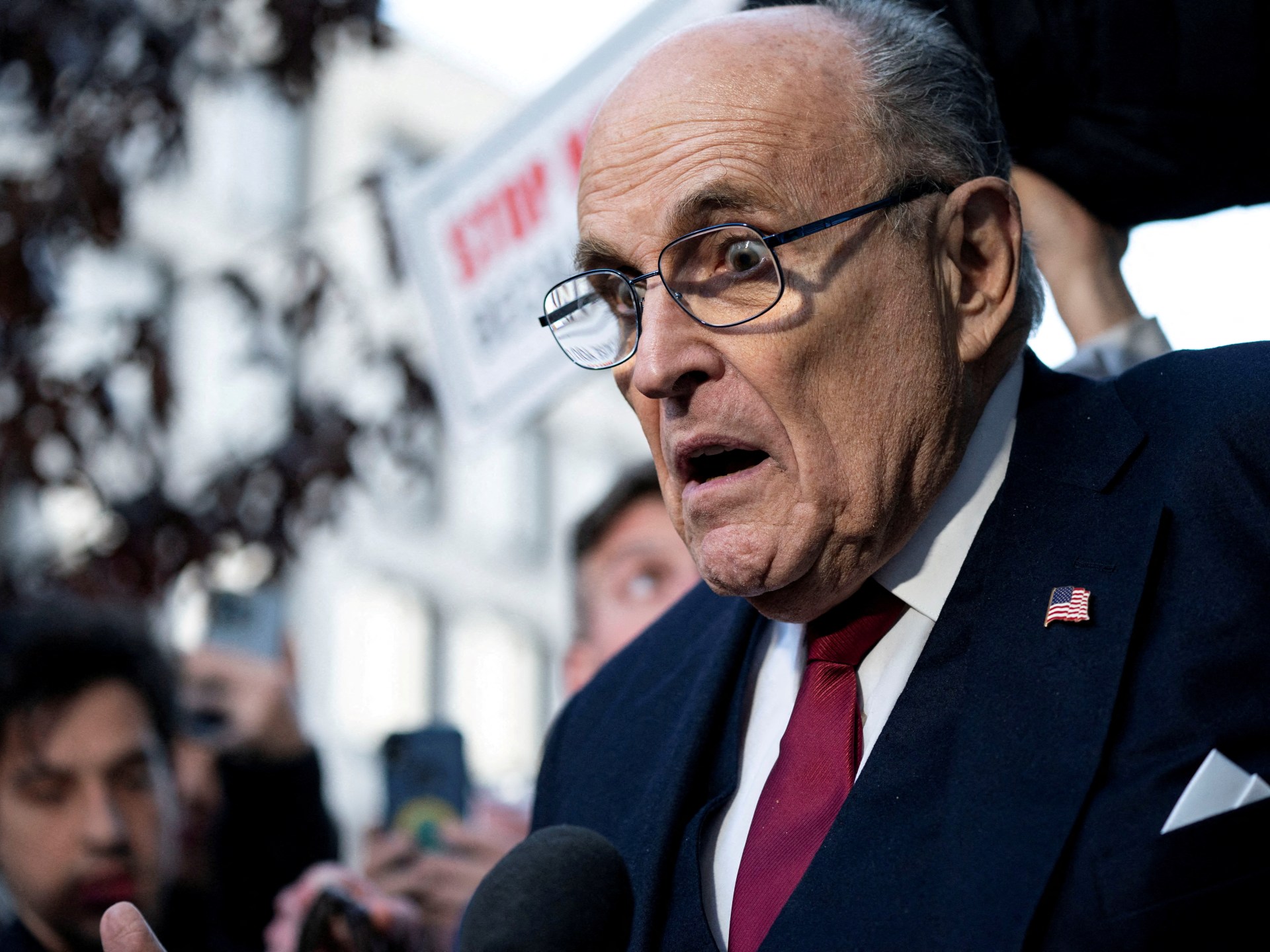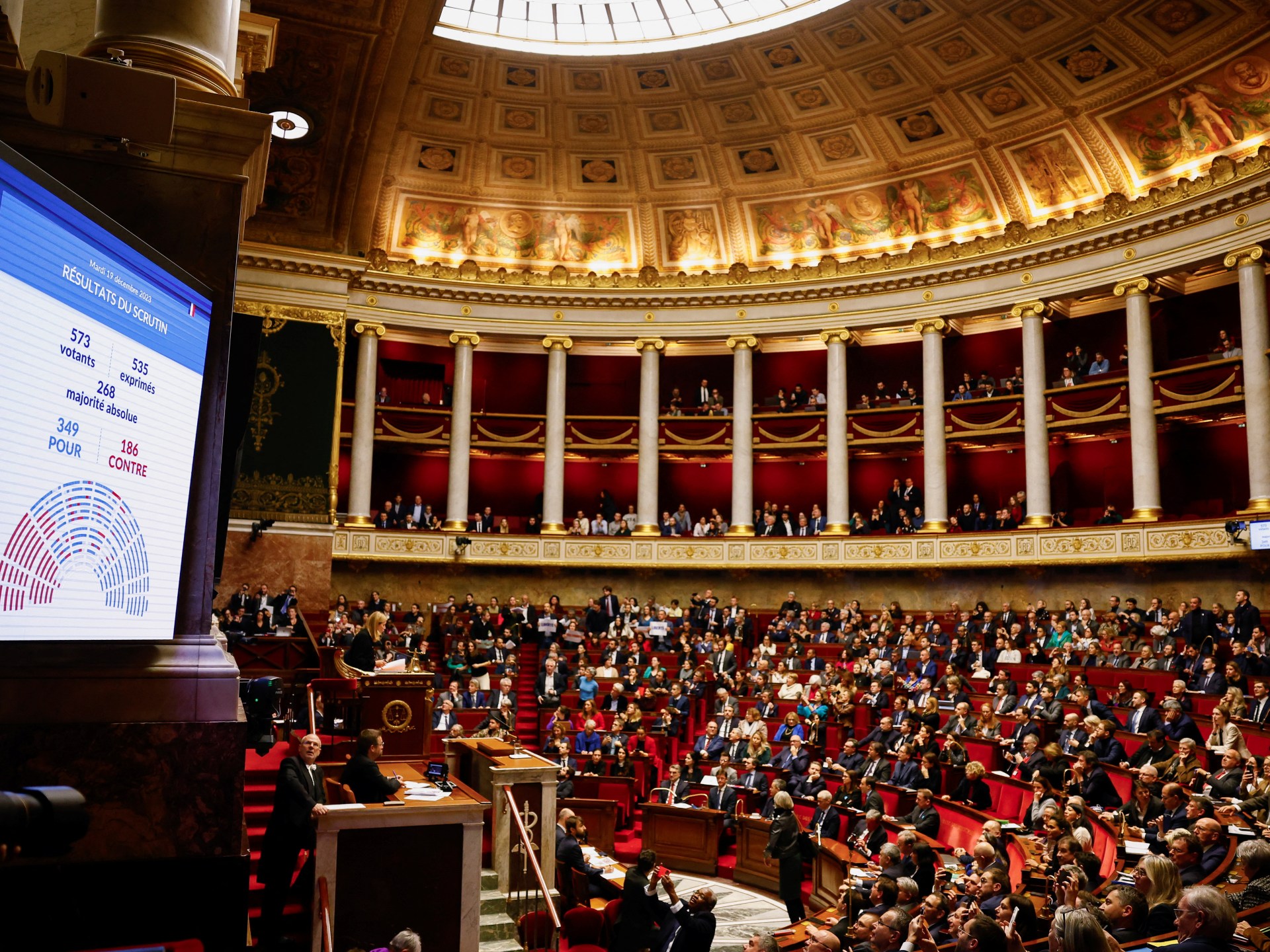
Uncertainty over Western support for Ukraine is growing amid Russia’s intensifying campaign to cripple the country’s energy infrastructure.
The White House warned the US Congress in a letter released on Monday that funds earmarked for aid to Ukraine would run out by the end of the year. The European Union is also facing difficulties agreeing on a new 50 billion euro ($54 billion) lifeline for Kiev.
“I want to be clear: Without action from Congress, we will run out of resources to procure more weapons and equipment for Ukraine by the end of the year,” U.S. Office of Management and Budget Director Shalanda Young wrote in a letter Letter to the Speaker of the House of Representatives Mike Johnson.
With a harsh winter ahead with increasing Russian attacks on civilian infrastructure, the lack of funding could spell defeat for Ukraine, the budget director warned. “If Ukraine’s economy collapses, they will no longer be able to continue fighting, point by point,” she wrote.
The USA narrowly averted There was a government shutdown last month, with a last-minute law that maintained funding for federal agencies through the new year but left out key foreign aid initiatives.
The United States, Ukraine’s largest single-country donor, has since provided more than $40 billion in aid Russia’s invasion in February 2022. US President in October Joe Biden asked Congress for approval $105 billion domestically Security funding, which would include support for Ukraine.
But right-wing Republicans in Congress have spoken out growing skepticism Work is currently underway to approve additional funding for Ukraine and around $61 billion in additional aid held from the US Congress.
“There is no magic pot of funding to meet this moment. “We are out of money — and almost out of time,” Young wrote, calling on Congress to act “now.”
“Existential moment”
At the same time, the EU is struggling to adopt its own financing package, which would be part of the union’s future common budget.
Hungary has put forward arguments against the package. Prime Minister Viktor Orban has drawn a pro-Russian line since the invasion of Moscow. He is also believed to be hoping to use his threat to block a plan to release 22 billion euros ($24 billion) in funding for Budapest, which Brussels is withholding due to rule of law issues.
The far right’s victory in recent elections in the Netherlands and fiscal challenges in Germany are also complicating budget negotiations, the Financial Times reported on Sunday.
The delay jeopardizes important commitments to Kiev made months ago. A deal on the budget would be “very, very difficult,” a senior official said.
The proposed 50 billion euro ($54 billion) instrument is intended to keep Kyiv solvent until 2027. Failure to approve long-term financing and a separate 20 billion euro ($22 billion) arms purchase facility would hit Kiev hard. The war continues.
Olha Stefanishyna, Ukraine’s deputy prime minister for European and Euro-Atlantic integration, described last week’s EU summit as an “existential moment” for her country.
Energy as a weapon
Difficulties in raising the funds in Washington and Brussels have raised fears in Kiev that Western supporters are “tired” by the protracted battle, as front-line fighting remains mired in what some perceive as “fatigue.”Patt“.
As Russia continues its campaign against civilians and infrastructure with indiscriminate bombing and drone strikes, Ukraine announced on Monday at the United Nations’ COP28 climate talks a 450 million euro ($489 million) expansion of a wind farm in its Mykolaiv region. at.
Ukrainian officials stressed that the turbines would be far enough apart to survive any Russian missile attacks.
U.S. Assistant Secretary of State for Energy Resources Geoffrey R. Pyatt also spoke at the climate summit, condemning Russia’s wartime attacks on energy infrastructure and saying that Russian President Vladimir Putin had “made energy one of his weapons.”
Pyatt, a former U.S. ambassador to Ukraine, said Putin “did this with his drone and missile attacks on civilian energy infrastructure.” He did this by shutting down the gas pipelines to try to weaken Europe’s resolve to support the Ukrainians…”
“For Vladimir Putin, energy is as much a part of his war strategy as his tanks and his missiles,” he said.
Russia has fired dozens of attack drones and missiles into Ukraine in recent weeks, striking energy facilities and military sites overnight.
The Ukrainian air force said on Monday it shot down 18 of 23 Iranian-made Shahed drones and one missile.
Meanwhile, Russia is said to have carried out increased attacks on the industrial city of Avdiivka from new directions on Monday.
“The initiation of new directions proves that the enemy has received orders to take the city at any cost,” Ukrainian officials said.






Recent Comments